Nursery
3 years
During this phase, children start socializing with each other and increase their self-confidence and independence, developing and expanding their oral communication skills. In Nursery, the students begin to verbalize basic speech in English as their vocabular increases including letters, numbers, colors, shapes, animals, family members and objects present in their daily interactions. Letter recognition and pre-writing activities are introduced as building blocks to achieve future cognitive and motor skill proneness.
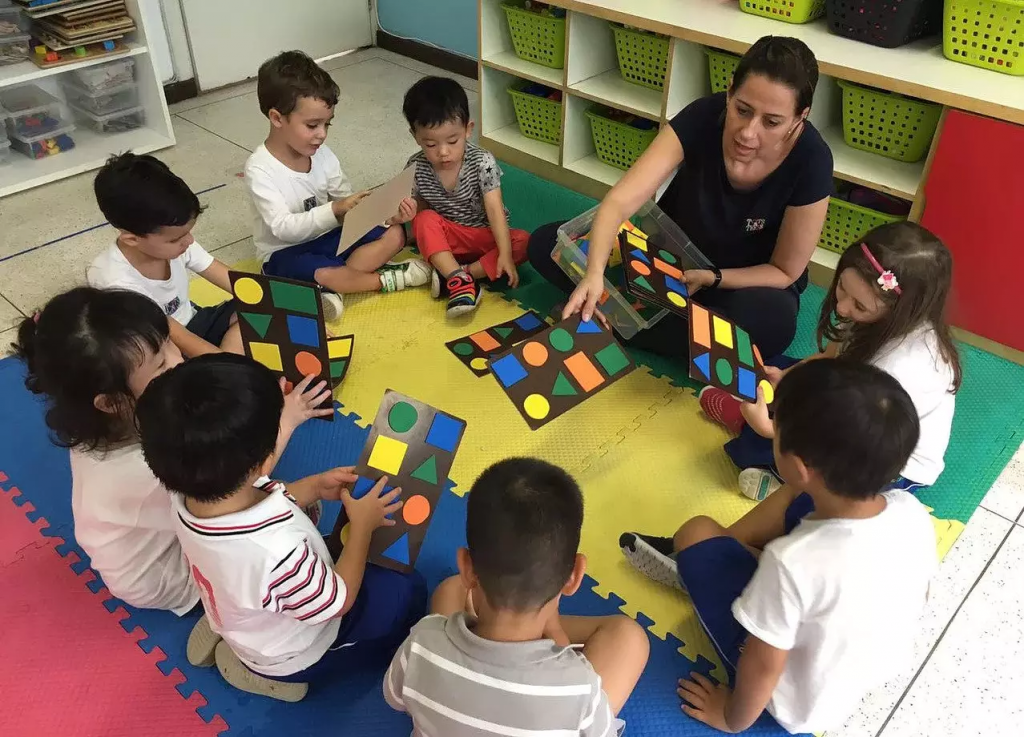
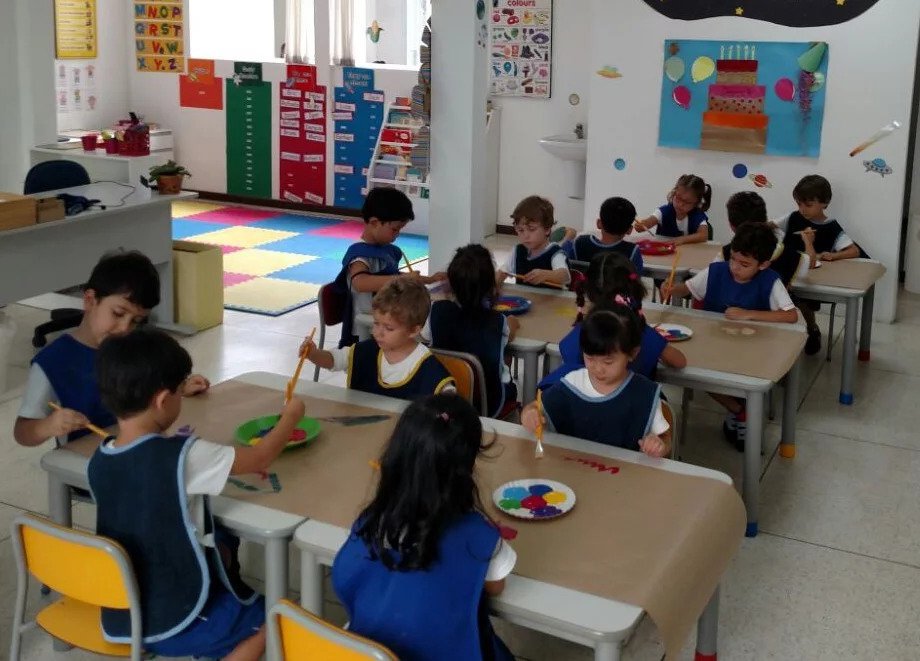
Pre
Kindergarten
4 Years
In the Pre-K Class, English immersion increases and very quickly the students begin to acquire command of the target language. Progress can be seen measured through the use of more elaborate sentences to articulate their thoughts and requests.
The children express themselves confidently in English retelling out-of-school experiences, requesting materials and verbalizing more elaborate phrases.
Kindergarten
5 Years
Kindergarten prepares the students for 1st Grade by concluding the alphabetization process – reading, writing and math concepts. Communication skills are polished and improved performance in English is evident shown through reading and writing readiness.
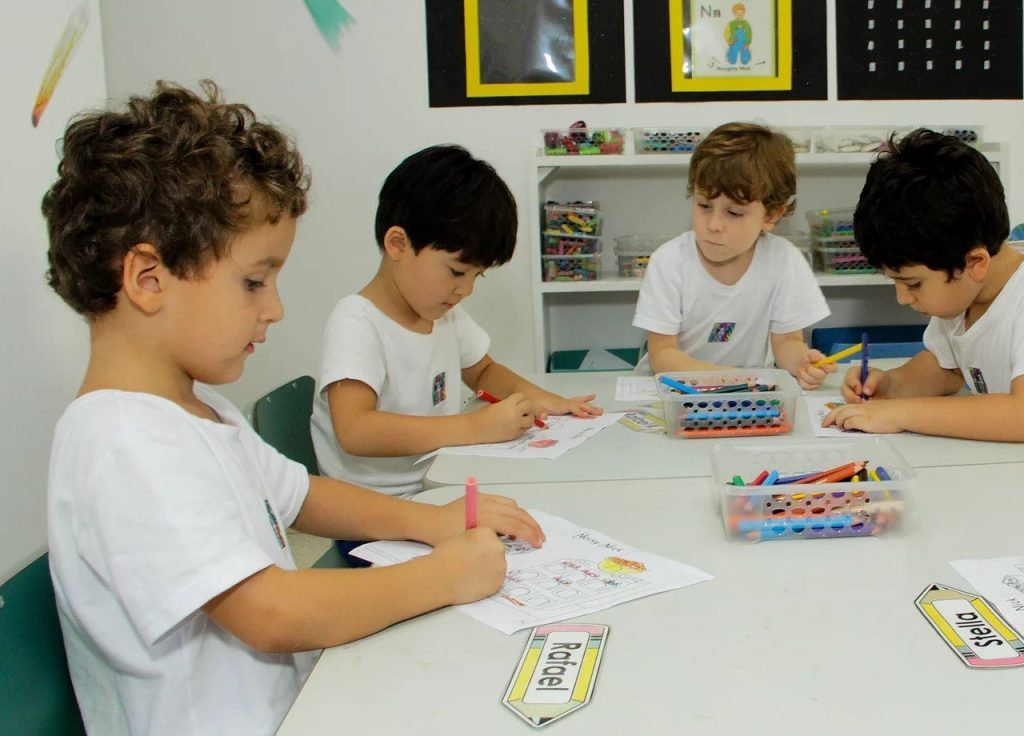
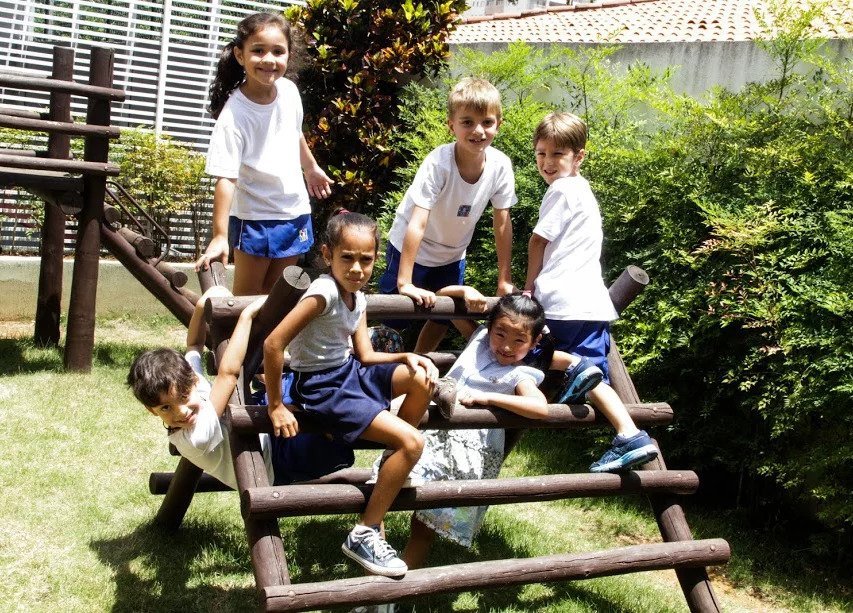
G1
Children between 6 and 8 years of age are enrolled in G1. They are in the process of socialization, sharing different experiences, verbal and conversation and written assignments. Students are taught to form more complete dialogues, efficiency, and begin to better retain content.
G2, G3 and G4
Beginning at the age of 9 and over, students are already more independent and confident. At this point, they have a better understanding of various themes, perform group tasks, exchange knowledge and discuss cultures that enhance the deepening of the knowledge of the language.
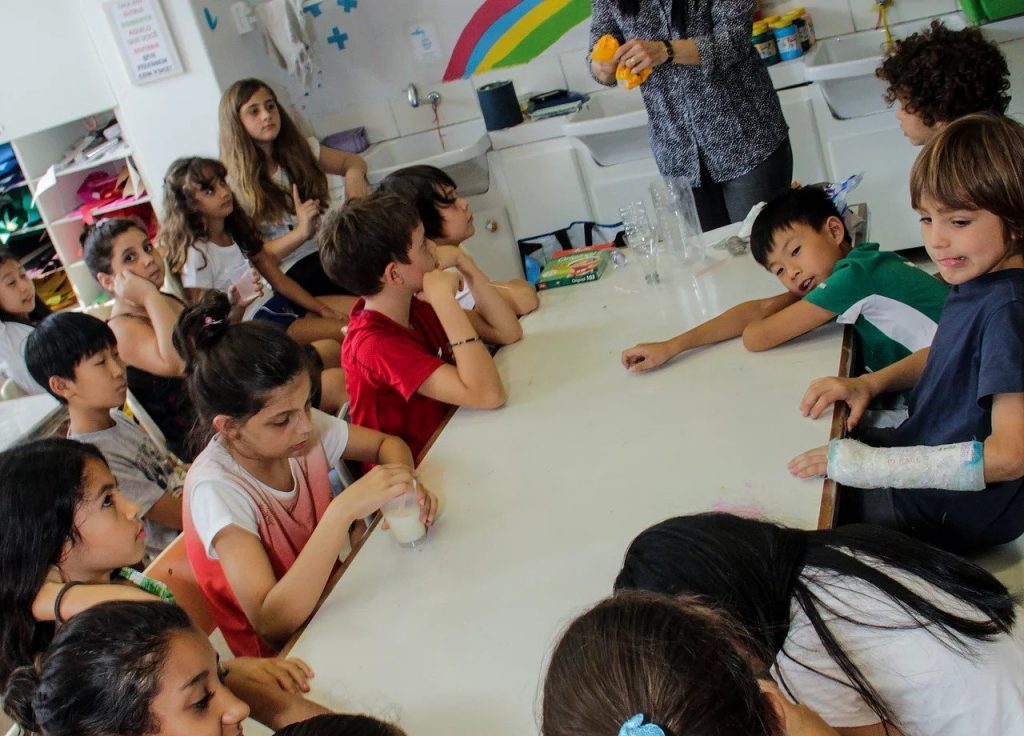
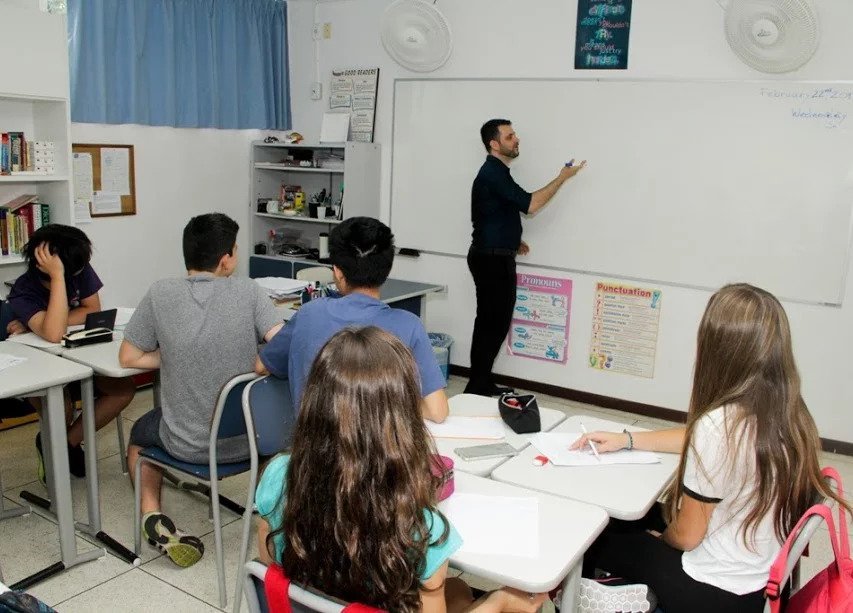
Teens
In this program, teenager students evolve into an advanced process of knowledge of the English language. In this way, they are motivated to fully express and converse with the wide use of the language through group activities that encourage the creation of presentations, storytelling, argumentative dialogues, among others. The methodology is maximized to attend the preparatory school curriculum for the work with diverse areas such as History, Geography and Science, as well as cultural aspects and of global and social interest, addressed in a current, dynamic and according to the criteria of the main international universities.
Schedules of
Preparatory Courses
- 8:30-11:30 (Monday to Friday) or
- 13h45m-16h45m (Monday-Friday)
Resume
Brazilian
Tots & Teens’ bilingual curriculum has a unique structure that offers a full time programme from 8:30 a.m. to 4:45 p.m., with a break of 1 hour and 15 minutos between the morning and the afternoon sessions. Within this period, the students attend 4 hours of classes in Portuguese and 3 hours in English, totaling 7 hours of daily instruction.


VACATION
COURSE
During the months of January and July, vacation courses are available for students with different proficiency levels from Early Childhood Education to Teens, in the mornings.
These semi-intensive classes are also open to pupils who are not enrolled in our regular programme.